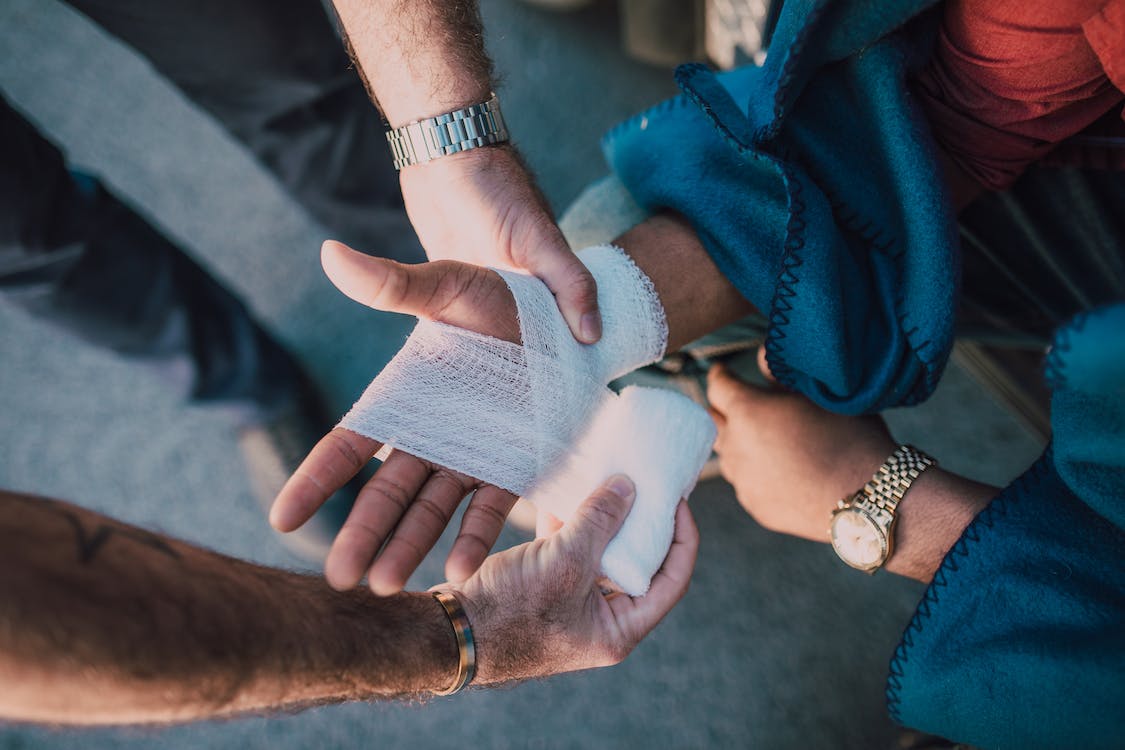As nurses, we have a duty to report all cases of suspected abuse.
Your healthcare facility should have clear procedures in place outlining the exact steps you should take. Consider this a refresher course. These situations can easily catch us off guard and you might not have a chance to refer to your employee manual or speak with a more senior nurse when caring for victims of abuse.
In general, you should:
- Be observant of physical signs of abuse, such as bruises, cuts, or other injuries, as well as behavioral signs like fear, anxiety, or withdrawal.
- Encourage open and non-judgmental communication with the victim. Let them know that you are there to support them and that their safety is a priority.
- Respect the victim’s confidentiality as much as possible, but also emphasize that in cases of suspected abuse, their safety may require sharing information with appropriate authorities.
- Treat the victim apart from the suspected abuser. If someone comes in with a black eye and a suspicious story, try to get them alone. They won’t be able to talk openly if their abuser remains in the room the entire time.
- Document exactly what you see and hear.
- Contact the appropriate state or county agency. Although the law varies from state to state, nurses are legally required to report all cases of suspected abuse to the appropriate authorities.
- If possible, provide the injured party with information and resources. For example, you can direct them to a local women’s shelter or domestic violence hotline.
- Collaborate with other healthcare professionals, such as social workers or psychologists, to ensure comprehensive care and support for the victim.
- Educate yourself about the signs and patterns of different types of abuse, including physical, emotional, sexual, and financial abuse, to better recognize and respond to potential cases.
- Stay updated on the laws and regulations regarding reporting suspected abuse in your jurisdiction. Attend training sessions or workshops related to identifying and reporting abuse.
- Keep your emotions in check. It can be very difficult to care for a victim of suspected abuse, particularly if the abuser is in the next room. This is one of those times when you need to push your personal feelings deep down while you attend to the details. Act polished and professional; later, take some time to debrief with a coworker. These incidents can have a negative effect on your mental health.
Remember, reporting suspected abuse is crucial for the well-being and safety of vulnerable individuals. Your role as a nurse in recognizing and reporting abuse can make a significant difference in the lives of those who need help.




